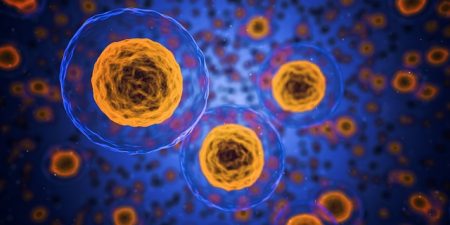Monday Motivation: Food for the Heart

What does thinking / feeling do to our brain cells?
“Above all else, guard your heart, for it is the wellspring of life.” ~ Proverbs 4:23
First, this isn’t a post about eating heart healthy but be sure to eat your oatmeal, blueberries and spinach. It doesn’t hurt.
This post is about what we think. We often refer to our emotional, feeling thoughts as our “hearts” (not to be confused with that red, bloody beating thing).
So let’s dive in, even if you’re a big, tough guy. Let’s talk about feely stuff. Shall we?
I like science and missed my calling as a mad scientist. When I read science, it speaks to me. Maybe I should have entitled this post “weird science.” But I decided, instead, to start this post with ancient text that I love because it pleases me when science finally shows up and supports what humans have known all along. What we think, we become.
So how is this true? What does thinking do to our brain cells?
Thinking releases chemical messengers called neurotransmitters that allows it to talk to other parts of the brain and to our nervous systems. These chemical messengers control our bodies including feelings of happiness, sadness or stress.
What happens is this: when we think, we put these chemical changes in motion, both temporary and permanent. Think of the top 20 things you are grateful for right now and you’ll produce the chemical dopamine which releases very pleasurable emotions.
Now, let’s take this a step further to how we make more permanent changes to the brain. We’ve got these thoughts running through the brain, back and forth, up and down, spinning around… all day long. It’s exhausting sometimes, isn’t it? The neurons of our brains start organizing them and firing in specific, set patterns. Then the brain starts connecting to new synapses and neurons, and new receptors get built.
So let’s pause at “receptors.” Each of the thousands and thousands of receptors on each cell is specific to one (1) peptide. When we get mad, feel sad, experience joy or experience any of the multitude of human emotions, each single emotion releases a peptide. The peptides connect to the receptors and change the structure of the cell as a whole. Here is where the miracle happens: the cells divide and whatever peptide that cell was exposed to the most, that’s what the new cell will have more of. Bam! It’s like two for the price of one. Kind of. Multiply your joy or your negatives. The price is the same.
“What you think is what you become” is not just some touchy, feely quote. Positive, uplifting thoughts are food for the heart. We actually change our bodies when we think a certain way. Change your thoughts over time, and you will surely change your life.



